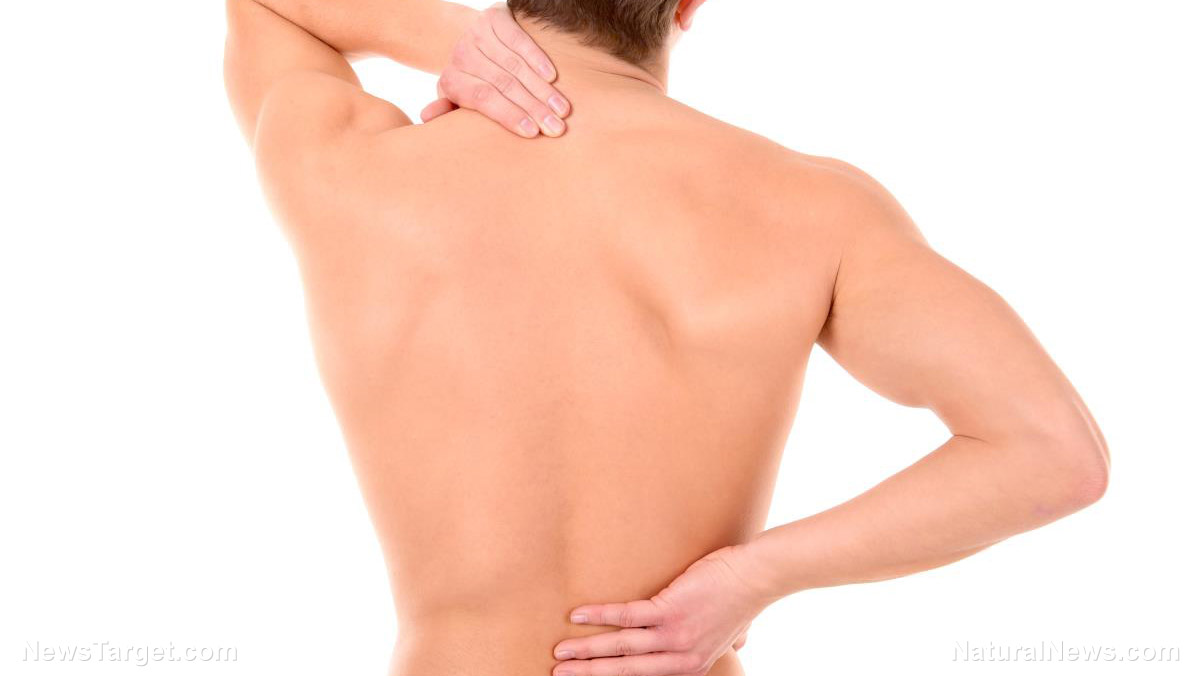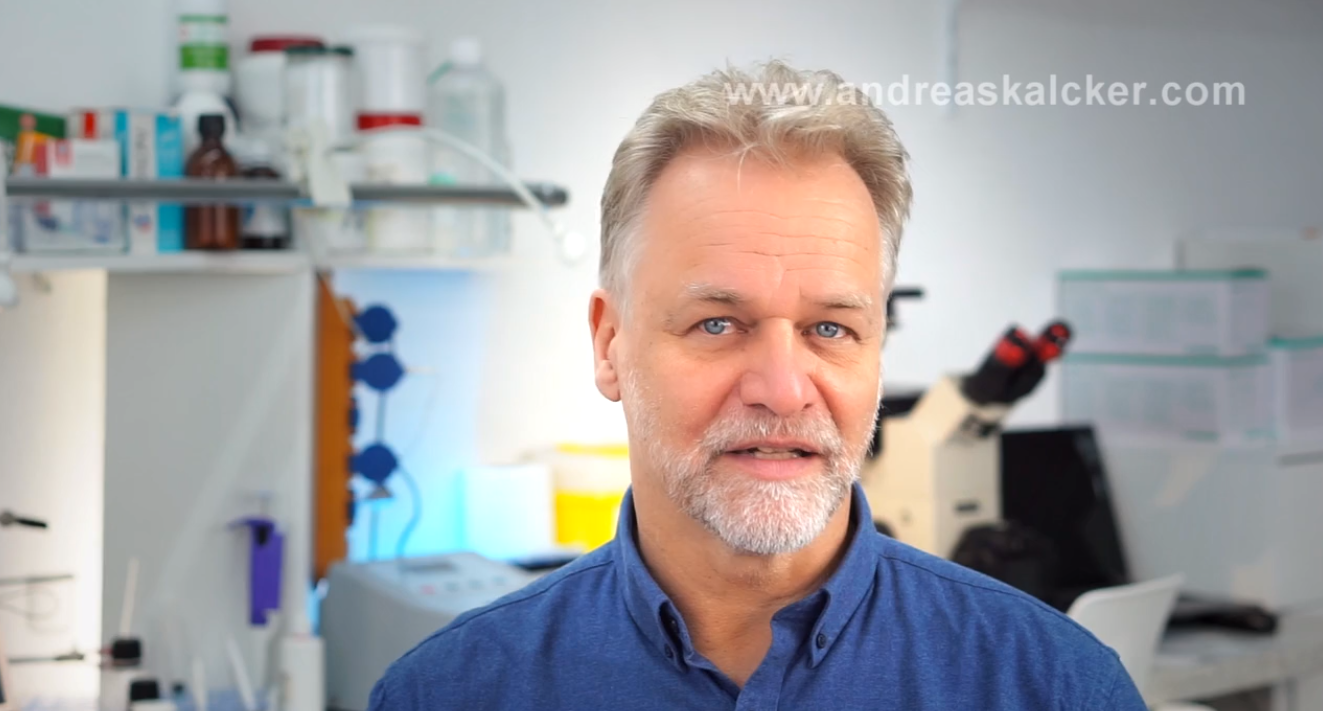6 Possible causes of morning back pain and how to address them
09/08/2019 / By Edsel Cook

Do you often wake up with pain in your lower back? By identifying the symptoms of likely causes of morning back pain, you may find out what plagues your body and take the right steps to manage your condition.
Your morning back pain may come from degenerative disc disease
The first possible cause is degenerative disc disease. Also called spinal arthritis, it stems from the narrowing of the lumbar spinal canal due to the spinal discs getting worn out with age. This then constricts the nerves along the spine.
Degenerative disc disease causes pain, stiffness, and decreased mobility in the lower back or neck. The severity of the pain varies — it may spread to other body parts, get worse during the morning, or even affect sleep.
Other symptoms of the disease include weakness in the leg muscles or foot drop, an abnormality that makes it difficult for a person to lift the front part of his foot. Degenerative disc disease can also cause insensitivity and tingling in the arms and legs.
Patients with the disease may experience pain when they sit, lift, or bend over. The pain, however, goes away when they change position, move, or walk.
To relieve their symptoms, patients with degenerative disc disease can use ice packs and heat packs, a back brace that reduces the stress on the spine, or physical therapy. They can also adopt alternative medical approaches like acupuncture and chiropractic therapy. (Related: Looking for pain relief? Try these 12 natural painkillers.)
Is fibromyalgia causing pain and stiffness in your back every morning?
Another serious cause of back pain and stiffness in the morning is fibromyalgia. The chronic disorder triggers aches, discomfort, and sensitivity in various body parts.
People with fibromyalgia also suffer from fatigue, headaches, issues with their concentration and memory, sleep disorders, and numbness and tingling in their limbs. They also often experience irritable bowel syndrome.
There are natural ways to improve the symptoms of fibromyalgia. These include making healthy lifestyle changes, such as exercising regularly and adopting a diet rich in inflammation-fighting foods, and using acupuncture, chiropractic, or massage therapy for relieving pain.
Patients may also reduce morning back pain by doing stretching exercises before leaving the bed and taking a warm shower right afterward. Before sleeping, they may set the room temperature to a pleasant one and find a position that reduces the strain on their backs.
Other potential reasons for back pain — and when you should get help
When a person gets out of bed too quickly, he may strain his lower back. To reduce the risk of this, gradually move to the side of the bed when getting up. Relying on the arms for support, sit up with the legs hanging off the bed. Spend a few seconds in that sitting position before gradually setting the feet down and standing up.
Intense physical exercise may also cause morning back pain and stiffness the day after. Make sure to warm up the right way before working out or playing sports. Allowing the body to properly cool down afterward can also help reduce pain the following day.
Maintain a healthy body posture during the entire exercise session. Use hot packs and cold packs to relieve any pain.
Avoid sleeping postures that strain the hips, lower back, and neck. Set down pillows to support the body — beneath the knee for back sleepers, between the legs for side sleepers, and below the lower abdomen for stomach sleepers.
Get a mattress that supports the weight and shape of the body and is comfortable to sleep on. Replace it after a decade of use, or once it starts sagging or stays indented.
If pain in the lower back refuses to go away, get checked immediately. People who experience issues with their bladder or bowels, cannot feel their limbs, or find themselves short of breath must not delay.
Read BackPain.news for more stories on the causes of back pain and how to prevent it.
Sources include:
Submit a correction >>
Tagged Under:
acupuncture, aging, aging secrets, alternative medicine, back pain, chiropractic therapy, cold packs, degenerative disc disease, fibromyalgia, hot packs, how-to, inflammation, intense physical exercise, lower back pain, massage therapy, morning back pain, muscle stiffness, natural cures, natural medicine, nerve pain, pain relief, physical exercise, physical therapy, prevention, remedies, sleeping position, spinal arthritis, spinal discs, stretching exercises
This article may contain statements that reflect the opinion of the author
RECENT NEWS & ARTICLES
COPYRIGHT © 2017 REMEDIES NEWS





















